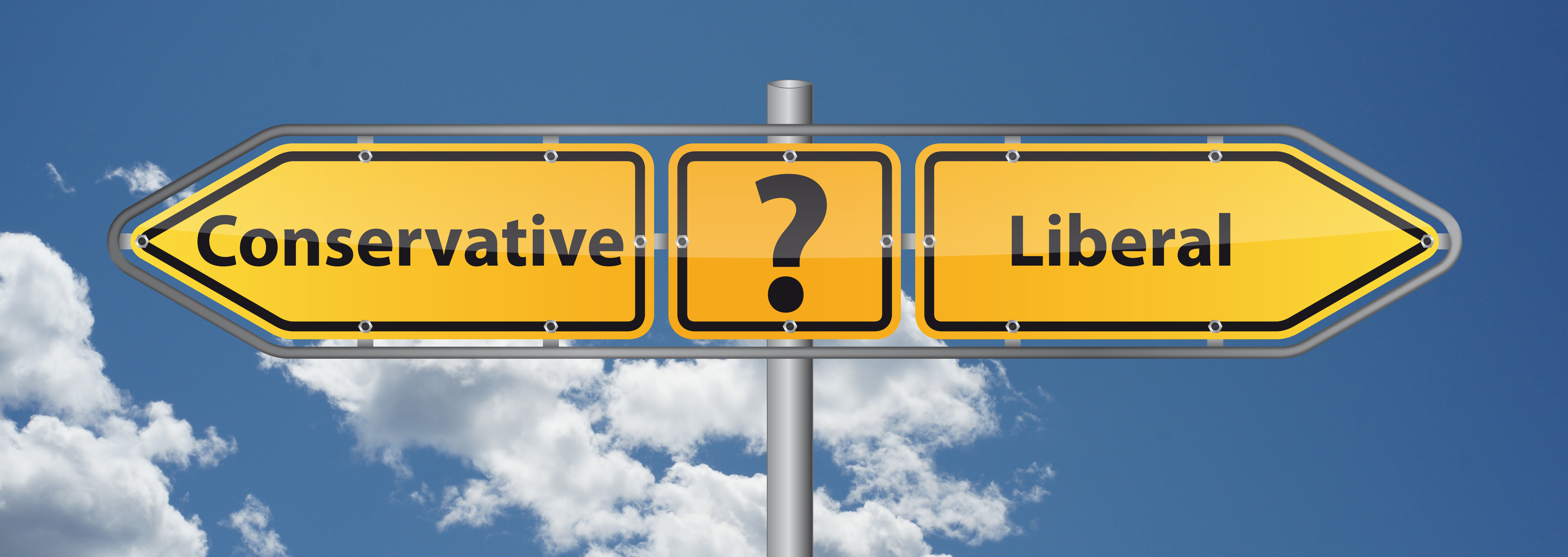Kerby Anderson
You don’t hear too many political commentators talk about the culture war these days. But I suspect that term might surface now that the election is behind us. Secular, progressive politicians felt they needed to hide some of their extreme views, but they will be more likely to promote them now that the election has passed.
At the same time, many of the more moderate Democrats have voiced their concern that their party lost elections to the House of Representatives because of their controversial messages. Former Missouri Senator Claire McCaskill felt Democrats spent too much time talking about guns, abortion, gay rights, transsexuals, and socialism.
David Harsanyi cites some of those criticisms voiced by Democrats and then wonders why some of the candidates complain they were unfairly labeled socialist. He suggests that “if that’s not the message you want to send, perhaps Nancy Pelosi shouldn’t pose with a gaggle of Marxists on the cover of Rolling Stone.” Perhaps the party should reconsider how closely they want to link Bernie Sanders to political campaigns.
He reminds us that McCaskill had to apologize for using the word “transsexual.” He observes that most Americans “have zero clue what McCaskill is sorry about. They may believe that letting genetic boys compete with their daughters in track and field is ridiculous.”
He also notes that the “constant obsession with race isn’t working.” Democrats lost ground with Black and Latino voters. If the goal is racial reconciliation, progressive use of identity politics, intersectionality, and critical race theory doesn’t seem to be the answer, even for minority voters.
I believe the culture war may be more intense than we have ever seen. The lesson some of the elected leaders should take away from the election is that hardcore progressive ideas don’t resonate with most Americans. But that is not what many are saying. Instead, they feel less inclined to hide their agenda and plan to fight like never before.
 Listen Online
Listen Online Watch Online
Watch Online Find a Station in Your Area
Find a Station in Your Area











 Listen Now
Listen Now Watch Online
Watch Online
